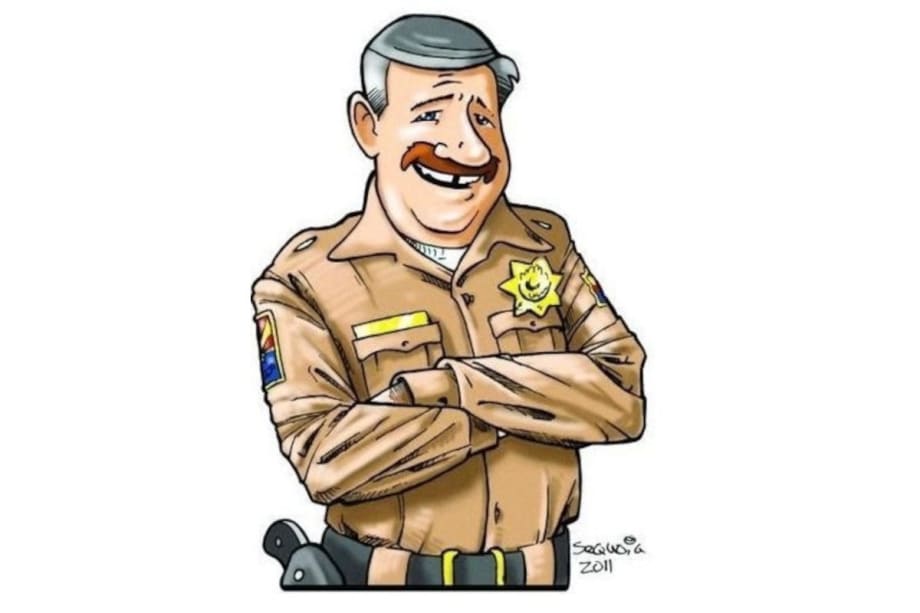“Arrogance leaves us blind to our weaknesses. Humility is a reflective lens: it helps us see them clearly. Confident humility is a corrective lens: it enables us to overcome those weaknesses.”—Adam Grant
I don’t think most of my friends would say I am easily persuaded away from the things I believe. I am known to readily give an opinion and defend my ideas, but I am also willing to listen, which I find in this day and age an extremely rare quality. Not to say I don’t immediately come to the conclusion the speaker is: A. wrong, b. Really wrong or c. Lucky to remember to breathe.
That said, I do enjoy learning about my brain and how it works, so I often find myself reading an article or book that makes me rethink ideas and opinions I have long held tightly. One such book is “Think Again” by Adam Grant. The subtitle is a catchy, “The Power of Knowing What You Don’t Know” and that is what first drew my eye. I always want to know what I don’t know. It turns out there are a lot of things I don’t know.
For instance, did you know that most of the time when a test-taker changes an answer it is to the … wait for it … wrong answer. Yep, all the ideas I had about our unconscious mind sending out corrective urges were wrong. Dang! And not just a little wrong, really, really wrong. In one study it was found that the change to a correct answer, from a wrong one, occurred only 25% of the time. This book is full of stuff that makes you think and reflect, even though I found myself having to look past the liberal prejudices of the author, and to calm down, and
keep reading.
The book starts with the story of a smokejumper crew getting caught in what we would call a “chimney” back in my hotshot days and running for their lives. Only three survived and the author describes how the crew chief turned and started a backfire spontaneously, inventing a solution, in the middle of the life and death race. Conversely, research reveals that fire crews almost never think to throw down their tools when running, including such tools as chainsaws (and, trust me, we don’t use little backyard ones in a forest fire!) My own hotshot crew lost two members in a California brushfire a year after I left, and throwing away our tools to run was never taught, or even imagined. After all, without my tools I wasn’t a firefighter.
The book got me thinking a great deal about opinions and ideas and how we can better debate and change others’ minds without hostility and alienation. His chapter titled “The Good Fight Club” describes how high-performing groups argue about tasks, ideas, and opinions, while low-performance groups focus on personalities and feelings about others, never creating options or solutions toward a given goal. It got me thinking about committees I have served on. Did the group argue ideas? When we did, we got things done and often with novel and excellent results. Did we focus on our egos and personalities? When we did, we dragged on and on, in what I determined to be “death by meeting.”
This part of Grant’s book made me think of another of my favorite books, “The Abilene Paradox and Other Meditations on Management” by Jerry B. Harvey, where the author describes the inability of people and organizations to identify “agreement,” not “conflict,” as a root cause of many ills in our world. Absence of conflict is not a positive sign, but rather something that one researcher referred to as an indication of “apathy.”
I guess what I liked best about “Think Again” is it forced me to rethink my positions, not because I feel like an imposter, but because I feel like I don’t know it all, never will, but hope to learn.
Being open to new ideas and willing to help shape decisions about change in the future in a time of great crisis and social pressure is an important skill. More importantly, being able to effectively guide others to your point of view may make the solutions of the future more successful and less stressful as they occur. Defund or reimagine the police is just a mantra, but yelling back or condemning will only silence debate and create even greater social failures. I hope our society can find common ground in this highly polarized society and learn to listen instead of only lecture as our political class is so good at doing. Maybe they might read “Think Again” and learn to rethink their ideas and keep learning.













